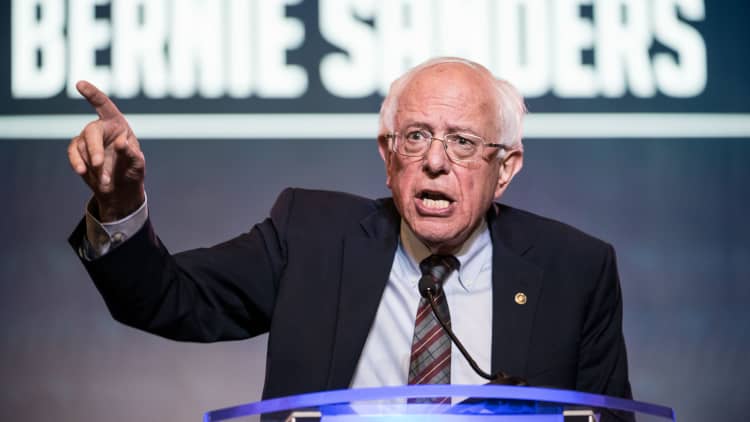At a recent financial aid conference, Education Secretary Betsy DeVos said that every school should help its students graduate with high-quality career prospects and minimal debt.
Students should be equipped, DeVos added, with information that allows them to be responsible consumers. "They need to have the best possible tools, data, advice and support," DeVos said, at the Georgia World Congress Center in late November.
Yet on Friday DeVos issued the final repeal of an Obama-era rule aimed at holding low-quality education programs accountable by forcing them to prove their graduates were able to repay their student debt.
As part of the so-called gainful employment regulation, career education programs, including most for-profit colleges, were required to disclose debt and earnings data to prospective and current students. Poor-performing programs were at risk of losing their federal funding.
In the first round of debt and earnings data, released in 2017, more than 750 programs failed the gainful employment test. For example, graduates with an associate's degree in graphic design from the Art Institute of Pittsburgh typically earn less than $22,000 a year and have over $40,000 in federal student loan debt, the Education Department found.
Under the rule, schools that fail the test two years in a row are cut off from federal funding. Since the department is not conducting another debt-to-earnings analysis, no program will lose eligibility under this regulation.
The Education Department said the gainful employment rule imposed a considerable reporting burden on schools "and, in turn, costs to students."
In addition to holding schools accountable, the rule was intended to provide students "with the best information possible when they're making one of the biggest investments they're ever going to make," said Michael Itzkowitz, a senior fellow at Third Way, a think tank in Washington, D.C.
Critics of DeVos say her decision to rescind the rule is another example of her siding with for-profit schools over students who've been burned by them.

Half of student loan borrowers from for-profit colleges wind up in default, according to the Brookings Institution. In a recent report to Congress, the Department of Education's Inspector General Kathleen S. Tighe said she disagreed with the department's proposal to rescind the gainful employment regulation without an adequate replacement. She pointed out that for-profit schools have misrepresented their job placement rates and some continue to be a place of fraud and abuse.
The threat of losing government funding forced schools to improve their value, said James Kvaal, president of the Institute for College Access & Success.
Colleges slashed tuition, offered more scholarships, implemented free trials and worked harder to meet industry standards, he said.
"That's why we're very troubled that the Department of Education is turning a blind eye," Kvaal said.
More from Personal Finance:
7 in 10 adults over 50 get this wrong about Social Security
How to save $1 million for retirement? Ask this question
Retirees are flocking to these hot spots


